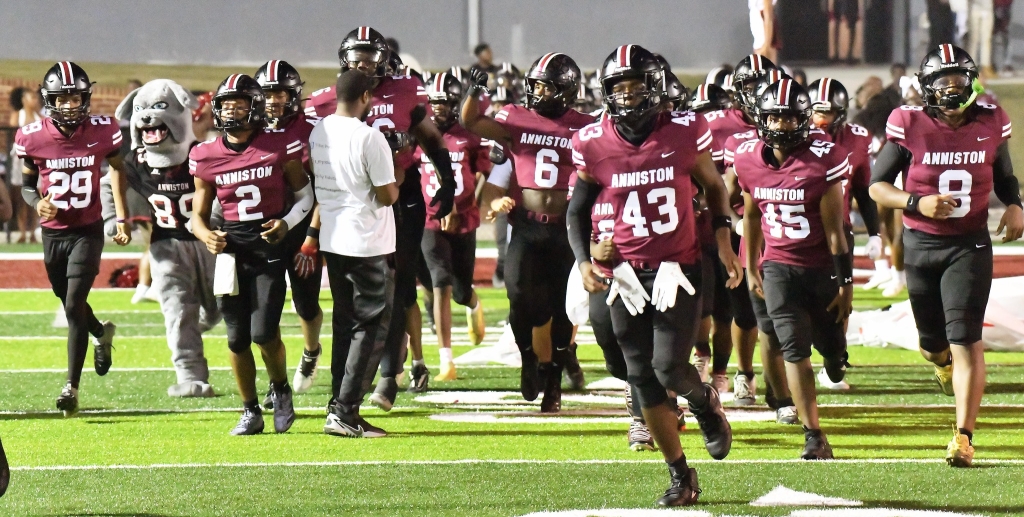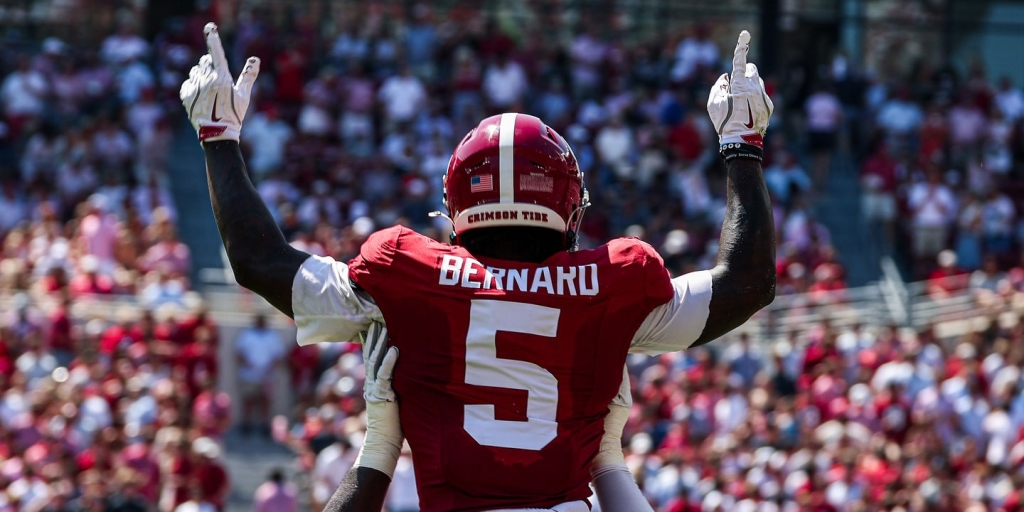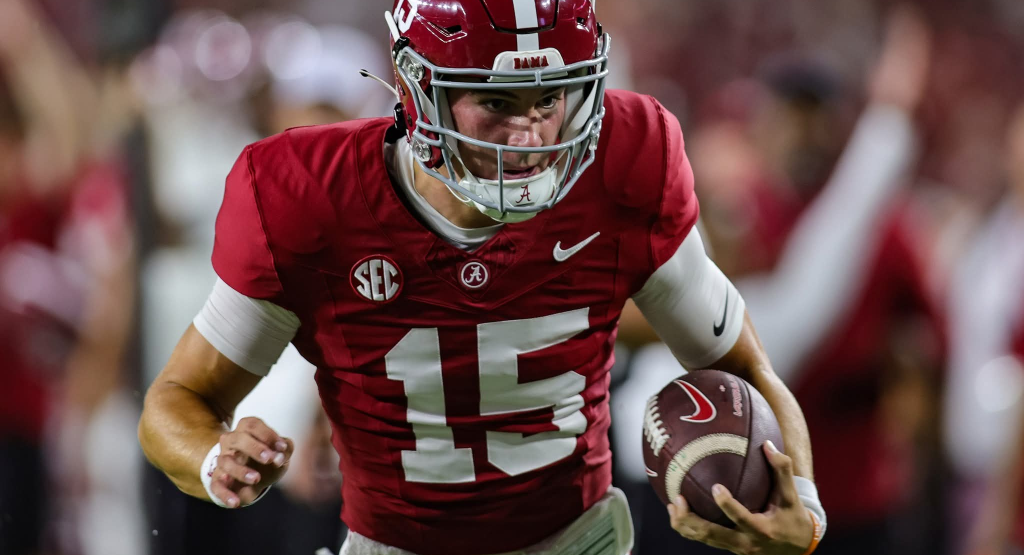
Every fall I tell myself not to get too emotional about Alabama football.
“It’s just a bunch of guys I don’t know, who are going to a school that I didn’t attend, who are playing a game with a ball, a game that I have no control over, and whose result doesn’t have any real impact on my life.”
That’s what I always say … but it’s never how I actually feel.
Football, college football, and Alabama football specifically seems to have attached itself to my DNA, wormed its way into my soul, and burrowed itself into my brain.
It’d probably be easier to separate myself from my right hand than separate myself from caring about Alabama football.
But I’m not one of those obnoxious fans who won’t shut up at the water cooler, or that guy who keeps statistics on wide receivers like he’s following the stock market, and I’m certainly not one of those really crazy people.
It can get ugly. Earlier this month an Alabama fan shot an Auburn fan in Mobile after arguing about which team is better (what a stupid thing to argue about, as if there’s any question, #RTR).
I haven’t gone that far, but I have acted irrationally.
Once I was so depressed after Alabama lost to Tennessee that I went out and bought a Jeep to brighten my mood (stupid). And I did de-friend my wife on Facebook for her celebratory comments after that 2013 “Kick Six’ Iron Bowl (she’s an Auburn fan … nobody’s perfect, I guess).
But seriously, it’s just a game, and a game we’re not even playing ourselves.
So what makes us this crazy?
— Born this way
It’s cradle-to-grave, brother.
I cannot remember a time when I wasn’t a Crimson Tide fan, and I know for certain that I always will be.
And I’m definitely passing it along to my children.
I’m a Roman Catholic, but when I fell in love with a Presbyterian from an Auburn family I told my would-be wife she could raise our children in her denomination but there was no way my children would be Auburn fans.
Whether that’s good or bad I don’t really know. But it’s the truth.
— Always been this way
The word fan originates from the Latin word fanaticus, which means “inspired, frantic, frenzied,” according to my Collins Latin-English dictionary.
That sounds about right. And if it comes from a language as old as Latin, I suppose there have always been fans.
Psychologists contend that devotion to sports is a primitive yet enduring part of man’s nature. We have always cheered for someone fighting or challenging something else.
Ancient armies often settled disputes by matching their greatest warriors – champions – against one another. The Greeks held their Olympic games. The Romans had the chariot races and gladiators. And the knights held their jousting tournaments and melees.
Here’s the interesting part – they all carried banners into their battles and games, with slogans and mascots and colors. They had chants, too.
Sound familiar?
Perhaps a few hundred years ago a knight wearing crimson and white and carrying a shield emblazoned with an elephant broke his lance upon a shield bearing the image of a tiger, held by a knight wearing a blue and orange cloak.
— It’s in our brains
Others say fans are living vicariously through these players. That sounds weak, but there might be something to it, according to Boston psychoanalyst Howard Katz.
He said we have “mirror neurons” in our brains that activate both when we do something and when we watch someone else do something.
So when we see a middle linebacker shoot through the line and clobber the quarterback, and we jump from the couch, muscles tensed, screaming “Yeah! Take that! Whoo!,” Katz contends there’s some small but influential part of our brains that feels as if we were in on the play.
— It’s in our blood
Yep, it’s about hormones.
One study found that testosterone levels increased about 20 percent in fans whose teams won and decreased about 20 percent in fans of a losing team.
Research by an Indiana University professor also found that sports fans feel much better about themselves after their teams win. Diehard fans actually feel more attractive after a win, and feel more confident in their ability to perform mental or physical tests. When their teams lost, those results tanked.
— We’re addicted
We’re born this way. It’s part of being human. Our brains and our bodies need it.
And it’s a great deal of fun.
So whether we like it or not, win or lose, it’s probably just easier to accept this addiction and enjoy the emotional roller coaster that is college football.
Roll Tide!
(Note from my wife: War Eagle!)












